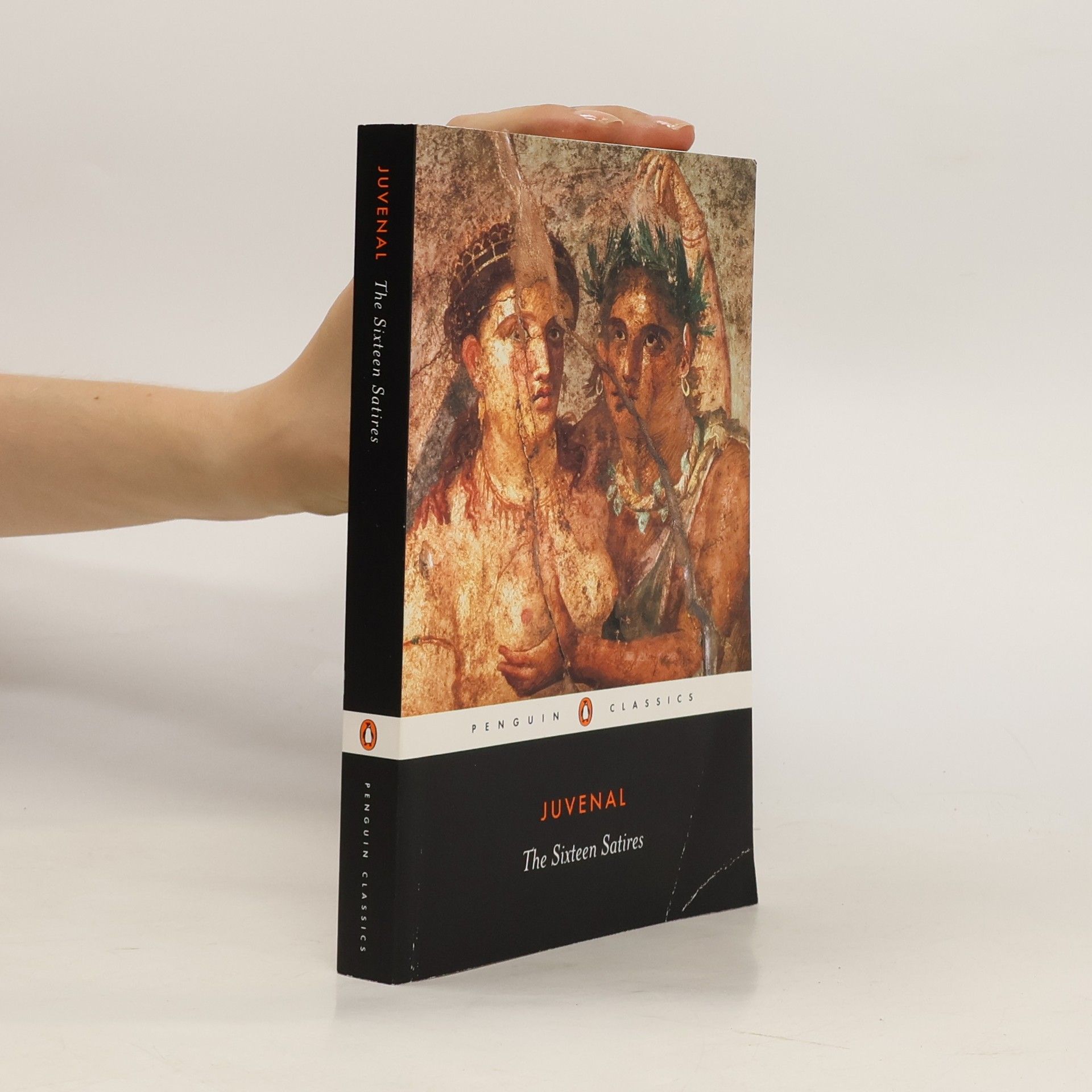Juvenal's Satires create a fascinating (and immediately familiar) world of whores, fortune-tellers, boozy politicians, slick lawyers, shameless sycophants, ageing flirts and downtrodden teachers. Perhaps more than any other writer, Juvenal (c. AD 55-138) captures the splendour, the squalor and the sheer vibrant energy of everyday Roman life. A member of the traditional land-owning class, which was rapidly seeing power slip into the hands of dynamic outsiders, he offers equally savage portraits of decadent aristocrats, women interested only in 'rough trade' like actors and gladiators, and the jumped-up sons of panders and auctioneers. He constantly compares the corruption of his own generation with its stern upright forebears. And he makes us feel from within the deep humiliation of having to dance attendance on rich but odious patrons
Juvenal Books
Juvenal was a Roman poet renowned for his satires, which offer a scathing critique of Roman society and its moral decay. His works, composed in dactylic hexameter, are characterized by sharp wit, biting irony, and incisive observations on human nature. Through his poetry, Juvenal delves into themes of greed, hypocrisy, and the absurdities of daily life, providing an enduring commentary on eternal human frailties. His distinctive voice and uncompromising perspective solidify his position as a significant figure in Roman literature.


Letteratura universale: Contro le donne
Satira VI con testo a fronte - A cura di Franco Bellandi
- 189 pages
- 7 hours of reading